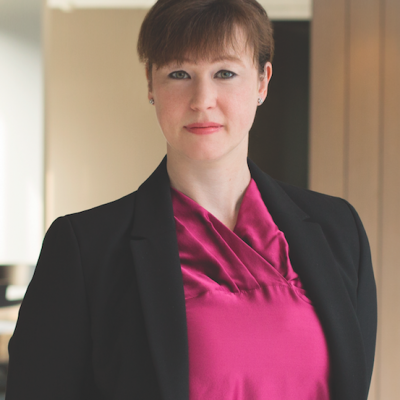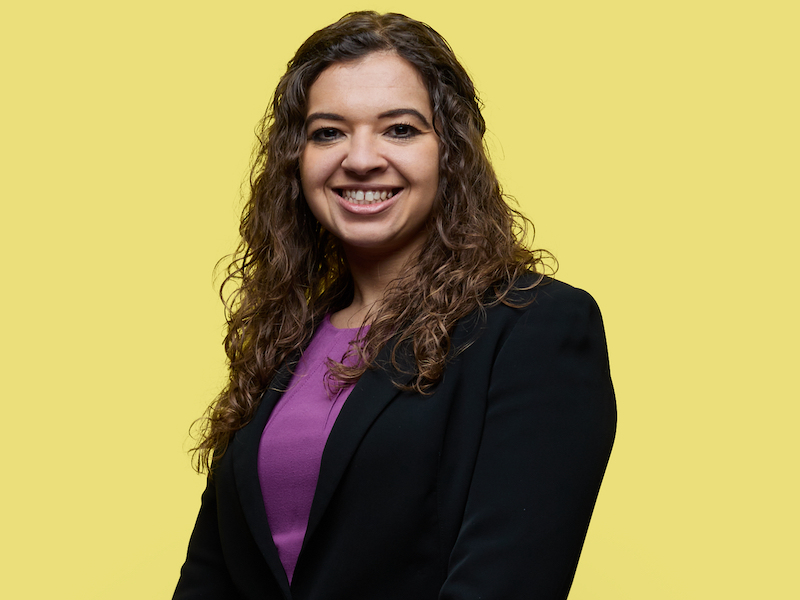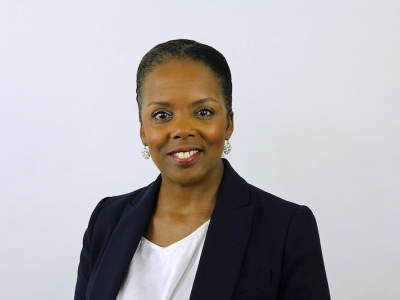Nell Scott regularly advises on international capital markets, corporate finance, M&A and private equity transactions, as well as corporate governance and disclosure issues, with an emphasis on Africa, Russia and other emerging markets.

Did you ever sit down and plan your career?
I’ve revised my career goals several times along the way, which is a healthy exercise. A career is a 50+ year journey, rarely in a straight line, that evolves as your life and your situation changes. I’ve found that thinking long-term, and accepting that progress isn’t necessarily lateral, helps to focus and deal with the short-term setbacks and challenges.
Have you faced any challenges along the way and if so, how did you deal with them?
I received great career advice early on: rather than complain about a work situation that you feel is out of your control (like a bad manager, a lousy job or constant criticism of your performance), deconstruct what you think is ineffective, unfair or counter-productive, objectively think about what you would do differently were you in charge, and keep a journal of the insight you feel you’ve gained from the situation. One day, you’re likely to face a similar situation where you are in control, and how you deal with that situation will significantly impact your career success.
When I was new in my career, I struggled to work with a particular manager, but I learned a lot from him about how not to manage people and projects that I still try to apply today.
What advice would you offer women who want a career in your industry?
A career is a marathon, not a sprint. ‘Up-or-out’ is no longer the norm, so don’t feel like you need to compete with the sprinters. You shouldn’t be afraid to take breaks either – if you want to step back for a few years, that’s absolutely fine and no one should judge you for that, but be honest and realistic about what you can give to your job, your family and your personal life rather than feeling like you’re letting everyone down in each aspect of your life. I’d also say not to pressure yourself to compete for a promotion until you’re ready (don’t expect a promotion to be handed to you, either; promotions are a hard earned reward, not an entitlement).
On a typical workday, how do you start your day and how does it end?
I start by updating and prioritising my to-do list, writing down what’s outstanding, what needs to be chased, and what new tasks may arrive. I write down everything, then during the day, I cross off what I’ve accomplished and supplement as the day goes on, using my list to note matters as they arise. The list helps me with my timekeeping as well, and I try to record my time every day before leaving. At the end of my day, I try to tune out work at least 30 minutes before bed to give my brain time to unwind.
What advice can you give to our members about raising their profiles within their own organisations?
Being a great lawyer and a hard worker is not enough to set you apart from the crowd. You’ve also got to demonstrate a desire to make your organisation successful, which presents a great opportunity to raise your profile. If you’re junior, learn about what others are doing and make a concrete offer to help (not “can I help?”, but “I see you’re presenting at a conference ‒ can I help you by researching your presentation topic or preparing a first draft of your speaking notes?”)
If you’re more senior, think about something you’d like to improve in your office or your organisation, or a new client or product you’d like to develop, and then approach someone in charge of that area with a specific proposal of what you’d like to do.
Offering to spearhead a project is one thing, but the most important thing is your ability to see it through. You’d be amazed how often people think they’ve earned points just by offering, but offering and then not performing can be even worse than doing nothing, because you create expectations and then disappoint.
How have you benefited from coaching or mentoring?
I’ve had some great informal mentors and champions over time, but I tend to find formal mentoring a bit unnatural. Learning and watching what others do, how they act, how they make decisions and how they interact with people is invaluable, and then asking people specific questions about why they acted in a certain way is a great opportunity for informal mentoring.
Do you think networking is important and if so, what three tips would you give to a newbee networker?
Networking is such a broad and misunderstood term. I like to think of it as relationship and reputation building. Meeting new people, making a connection, finding out what they do, and making a positive impression is, at its essence, networking. Take the time to get to know people in your organisation and take steps to be helpful to them without being asked or without immediate reward – you’ve made a new connection and that’s incredibly beneficial.
Get out and meet people for lunch, coffee or drinks, find out what they do and make a positive connection with them, even when there is no obvious or immediate gain in it for you (don’t forget: people change jobs).
Following up and finding simple ways to keep in touch is what transforms a meeting into a mutually beneficial relationship. Finally, as you grow your contacts, think of ways to introduce your connections for their shared benefit. The positive karma you generate may pay off in the future in unforeseen ways.
What does the future hold for you?
I’ve been incredibly lucky in getting to work with people who inspire and challenge me every day, so I’d like to think that I’ll keep growing and keep being challenged!








